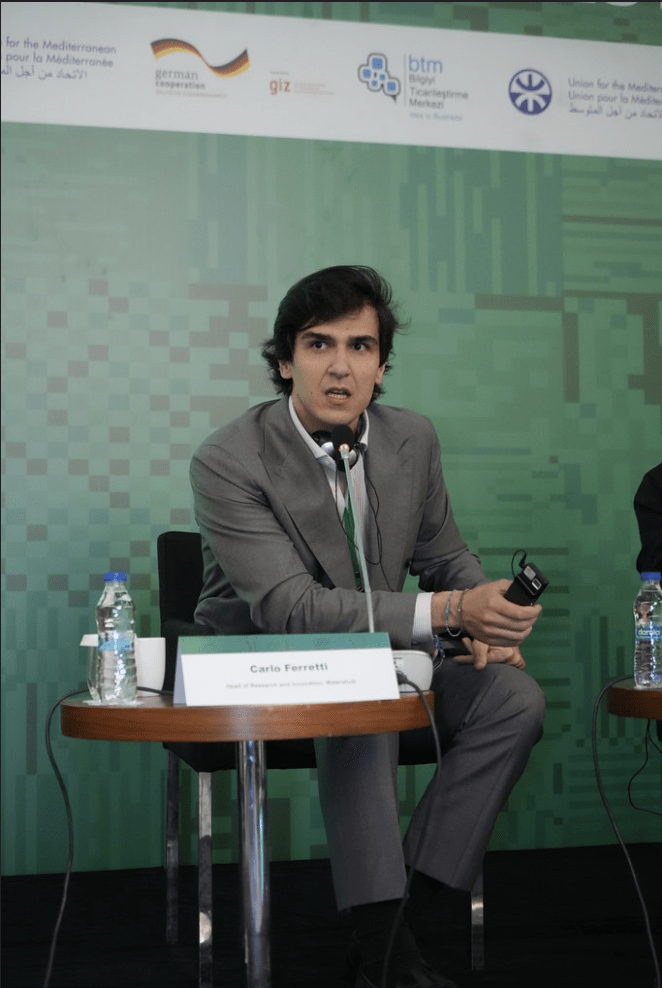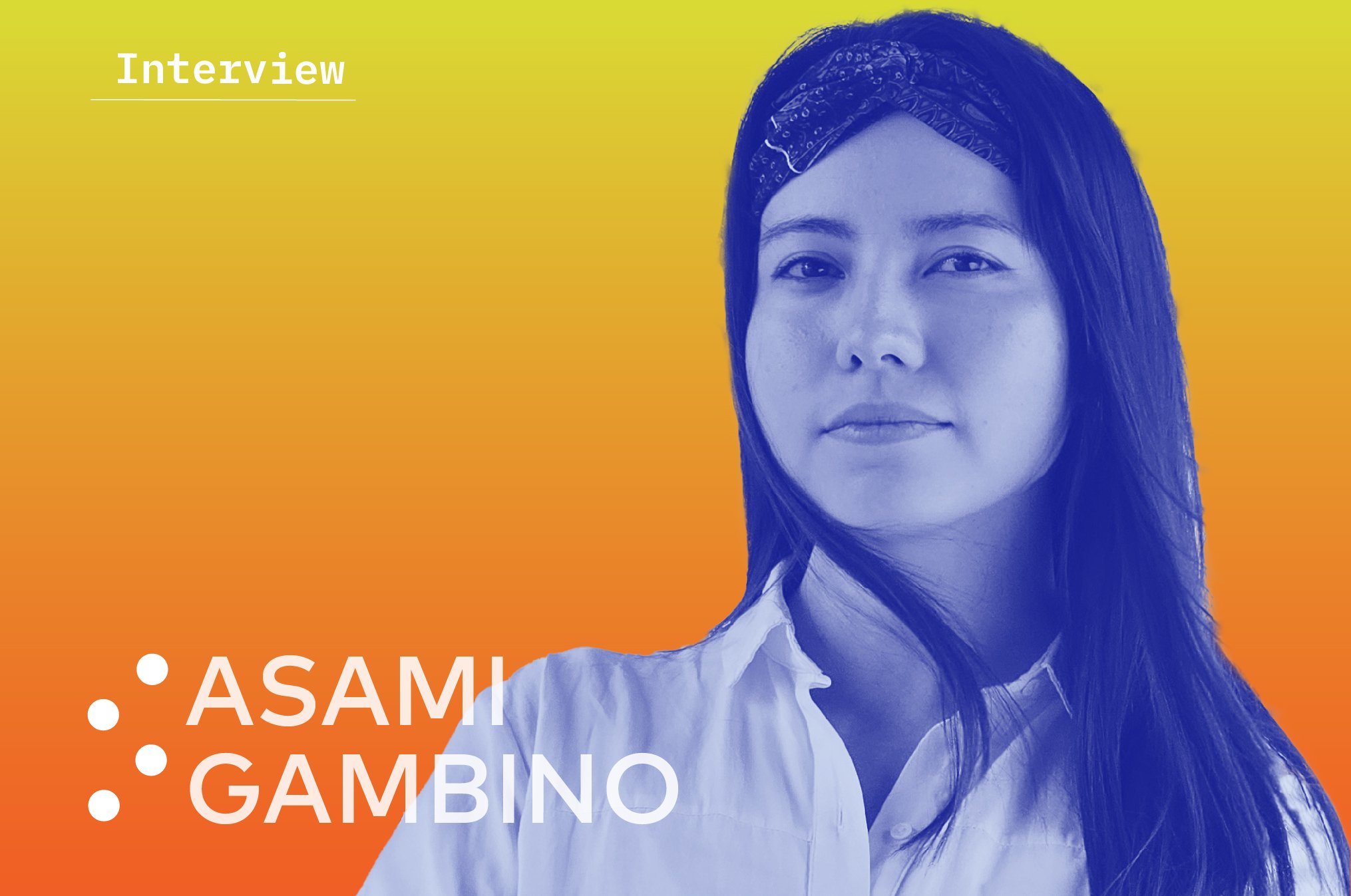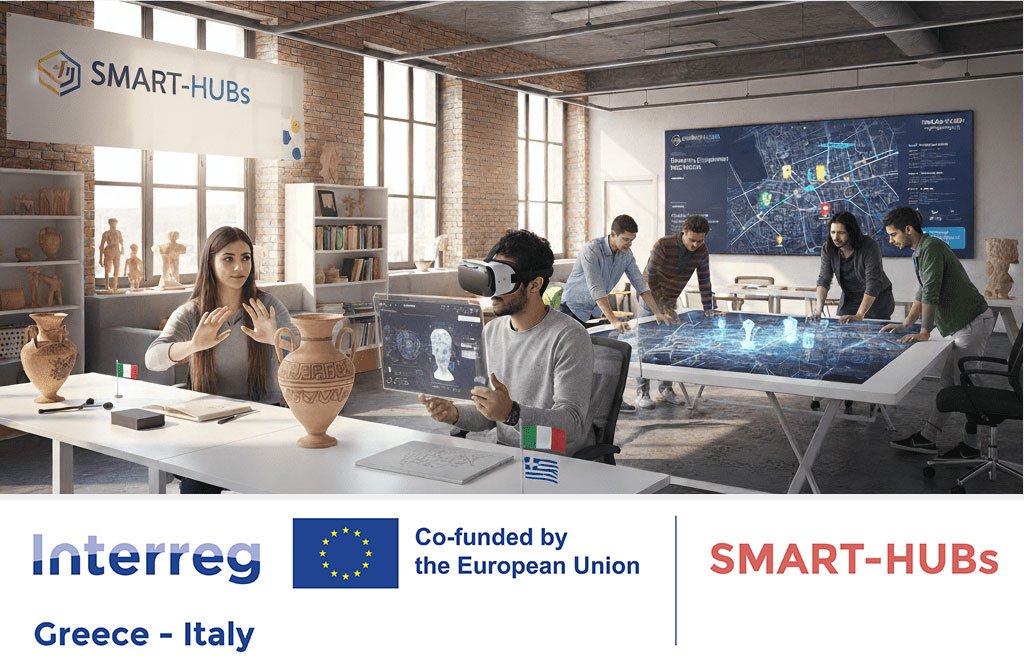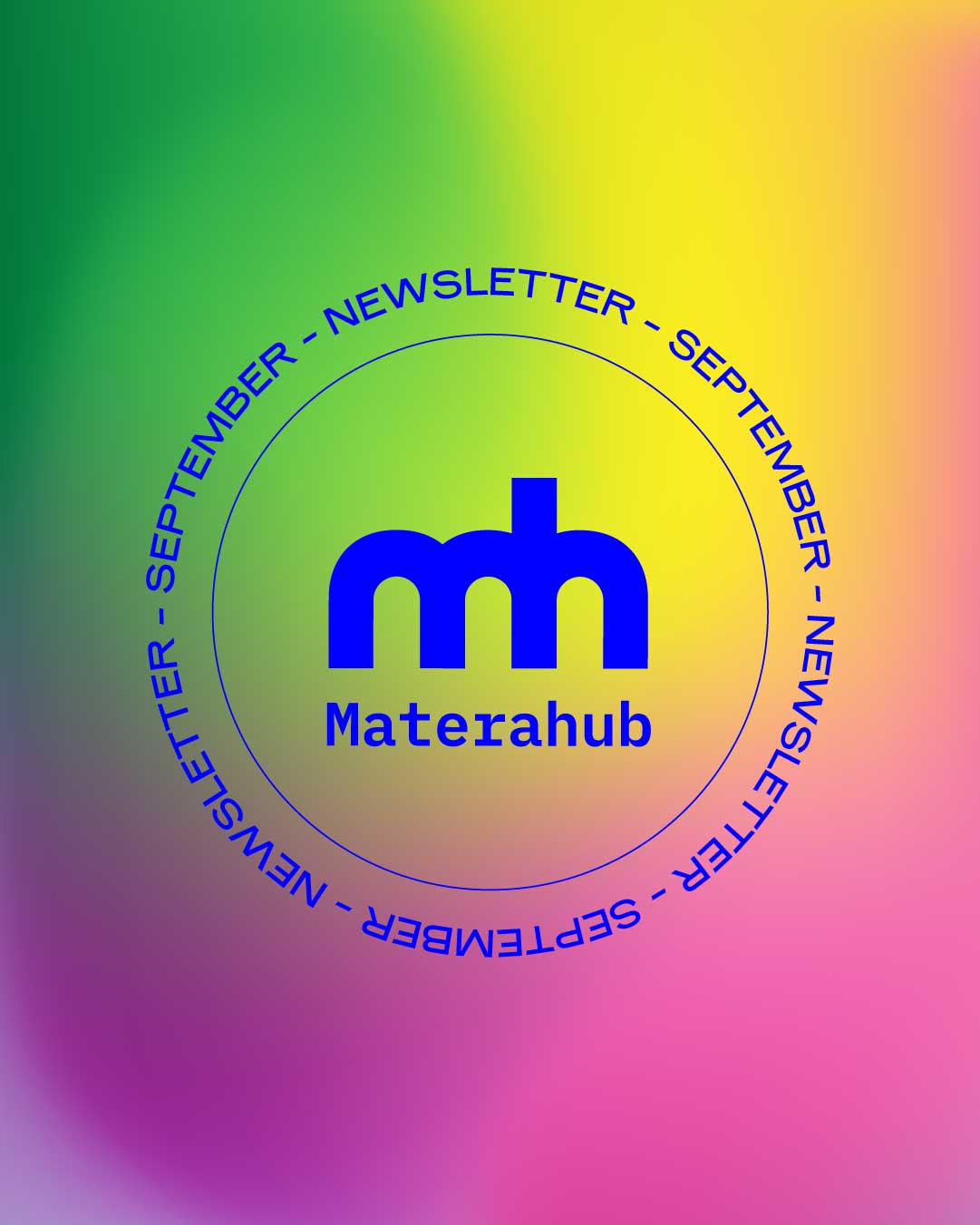At UfM’s first Digital Sustainable Week in Istanbul, Carlo Ferretti explores how generative AI is transforming the creative landscape—and why cultural professionals must play an active role in shaping a more ethical and inclusive digital future.
The Union for the Mediterranean recently hosted its inaugural Digital Sustainable Week in Istanbul: a landmark event exploring how artificial intelligence and sustainable investment can drive inclusive development across the region. From May 26 to 29, the UfM brought together a dynamic mix of policymakers, researchers, business leaders, journalists, and civil society actors to confront the profound changes brought about by digital transformation. Held in partnership with the German Development Cooperation (GIZ), the four-day gathering also shone a spotlight on the urgent need for gender equity in digital spaces. A standout moment was the Women in AI Awards, celebrating trailblazing women from across the Mediterranean who are leading impactful, socially-driven AI projects and shaping a more just technological future.
AI, Creativity, and the Role of the Cultural Sector
During the event, our Research and Innovation Lead, Carlo Ferretti, was invited to speak on the panel “AI & Creativity x ThinkSustainability.” The session sparked a timely and essential dialogue on how generative artificial intelligence is transforming not only how art is produced, but also how it is imagined, valued, and interpreted within society. Carlo opened his contribution with a powerful premise: creativity should not be seen merely as an output, but as a reflective and critical process. It is through creative practices that we question the systems we inhabit—including the technologies that shape our world. When viewed through this lens, the role of artists becomes clear: they are not passive recipients of digital tools, but active agents capable of revealing both the potential and the blind spots of AI. He went on to highlight the pressing need to rethink creativity and authorship in the age of generative AI. As these technologies reshape the boundaries between human intention and machine intervention, fundamental questions arise: What constitutes a work of art when machines contribute to its creation? Can we still define authorship in traditional terms?
Rather than seeking definitive answers, Carlo proposed a shift in perspective—one that looks beyond the final product to the process itself. The artist’s engagement with the algorithm, whether through collaboration, critique, or resistance, becomes part of the meaning of the work.
In this view, the question isn’t whether machines can be creative, but how humans can co-create with machines in a way that preserves depth, intentionality, and human relevance.
In closing, Carlo emphasized the critical need to empower the cultural sector to play an active role in shaping the AI transition.
Introducing Generativa: Materahub’s Initiative for an Ethical AI Future
Too often, innovation is something that happens to creative professionals, rather than something they are equipped to shape themselves. Addressing this gap, he introduced Generativa, a new initiative developed by Materahub. Generativa is a hybrid training and research platform designed to provide artists, cultural practitioners, and creative enterprises with both the technical skills and critical frameworks needed to engage with generative AI in a meaningful, ethical, and socially responsible way. Its mission is clear: to ensure that this transformative technology is not only adopted, but also interpreted and directed through cultural lenses, preserving the values, narratives, and complexities that define human creativity.
As we stand at the crossroads of technological change, it’s clear that the cultural sector has a crucial role to play, not just in reacting to innovation, but in actively shaping its direction.
From algorithmic bias to cultural misrepresentation and threats to human rights, the “grey areas” of AI demand the attention, sensitivity, and imagination that artists and creatives are uniquely equipped to offer. By engaging with AI through both critical insight and creative agency, we can help ensure that its future is not only powerful and efficient, but also ethical, inclusive, and profoundly human.






